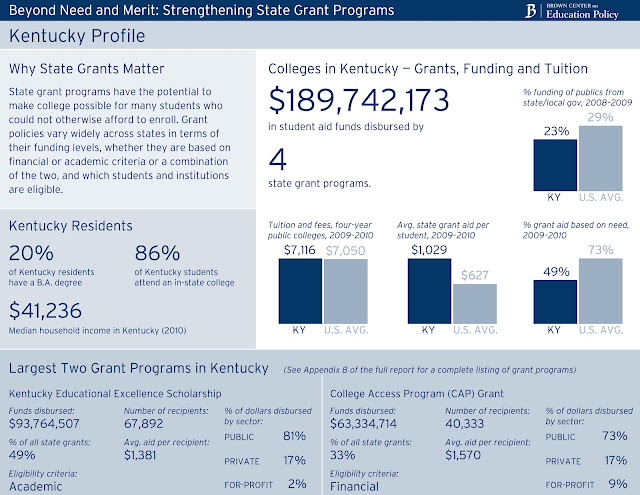This from the News-Enterprise:
OUR VIEW: Educational and economic issue needs new solutions
Hardin County and Elizabethtown Independent school districts recently adopted draft budgets, showing drops in Support Education Excellence in Kentucky money, the main source of revenue for Kentucky’s school districts. These SEEK funds will drop this year from $3,903 to $3,833 per student.
With the state carrying most of a school’s funding, budgeting can be a tricky business, particularly in a less than robust economy.
During the school year that just ended, for example, Hardin County Schools received $1.3 million less than expected in state funding. Now, that district plans to lose another $1.4 million with SEEK cuts. EIS also is working to get through cut on top of SEEK cut.
The recently approved plans are the second step in a three-step school budgeting process. Tentative budgets are approved early in the calendar year and a working budget, the most definite of school budgets, will be approved in September.
Salaries, as is the case for most employers, are the greatest expense. And salaries, as is the case for most of the middle class, aren’t increasing like they once did.
In both districts, teachers will receive what’s called a step increase — meaning they move up on the pay scale because they’ve gained experience — but no other raises are budgeted at this time.
That means something inside and outside the classroom. Certainly, we should flitch at anything endangering education standards. But as one of the largest industries in the county, school districts and their budgets simply are a local economic issue, too.
Consider Hardin County Schools alone. That’s 2,655 people — 2,106 of them are full-time employees — who probably won’t be improving their buying power until at least the second half of 2013. That might mean delaying a home or car purchase or just keeping the firm grip on household budgets. It’s not good news for business throughout our community.
Schools are a key to long-range economic development and improving Kentuckians quality of life. Period. It’s not time to debate its worthiness.
Instead, it’s time to start creating new solutions to protect schools, even go so far as to make them recession proof.
When will enough be enough? When the workforce of the future is pitiful and the workers apologize for learning to read during an economic downturn?
We need big ideas at the legislative level. We need big ideas for educating our children less expensively — that’s different from simply doing more with less, by the way. We need big ideas for creating new or redirected tax revenues.
No more broad solutions puffed up with jargon and tied down with excuses. There’s too much at risk to do any less.


















